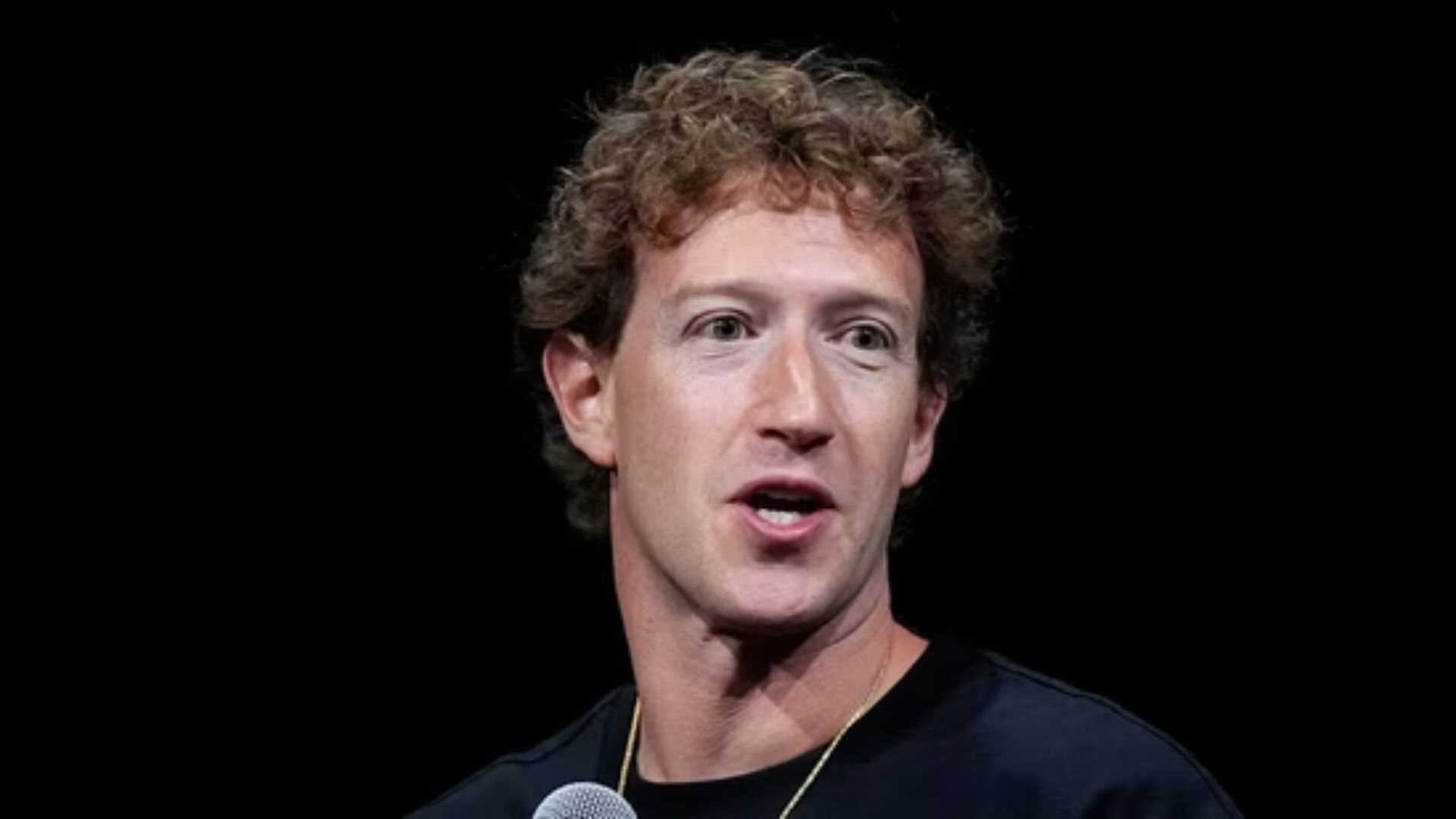Meta, the parent company of Facebook and Instagram, announced a significant overhaul of its content moderation strategy by phasing out its third-party fact-checking program. The transition will begin in the United States and replace the current system with a “Community Notes” model, inspired by Elon Musk’s platform X (formerly Twitter).
Mark Zuckerberg, Meta’s Founder and CEO, stated that the decision stems from concerns about the political biases of expert fact-checkers. According to Zuckerberg, the fact-checking system has caused more harm than good by eroding public trust, particularly in the United States.
In a social media post, Zuckerberg wrote, “We’re going to get rid of fact-checkers and replace them with community notes similar to X, starting in the US. Fact-checkers have been too politically biased and destroyed more trust than they’ve built.”
What is the Community Notes Model?
The Community Notes system allows users to add contextual information to posts that may be misleading or require further clarification. This approach has been successfully implemented on X, where the community collectively decides on the need for additional context.
Joel Kaplan, Meta’s Chief Global Affairs Officer, explained in a blog post, “We have seen this approach work on X, where they empower their community to decide when posts are potentially misleading and need more context.”
Meta emphasized that the decision to scrap third-party fact-checking is a response to criticisms that expert reviewers carried their own biases. This often led to an overload of fact-checked content, making it harder for users to trust the system.
The company believes that a community-driven model will democratize content moderation and reduce perceived bias by distributing the responsibility among a broader group of users.
A Growing Trend in Social Media
Meta’s shift mirrors broader changes in the social media landscape, with platforms like X adopting decentralized moderation systems. Proponents argue that these models increase transparency and foster greater trust among users by involving the community in decision-making.
While Meta’s move has been welcomed by some, it has also raised concerns about the potential for misinformation to proliferate. Critics argue that community-driven models may lack the expertise required to evaluate complex or technical claims.
Meta’s decision to replace fact-checkers with the Community Notes system signals a significant shift in how social media platforms manage misinformation. As the transition unfolds, it will be closely watched to assess whether this model can strike the right balance between transparency, accuracy, and trust.
Read More : Justin Trudeau Reveals His ‘One Regret’ As He Steps Down As Canada’s Prime Minister




